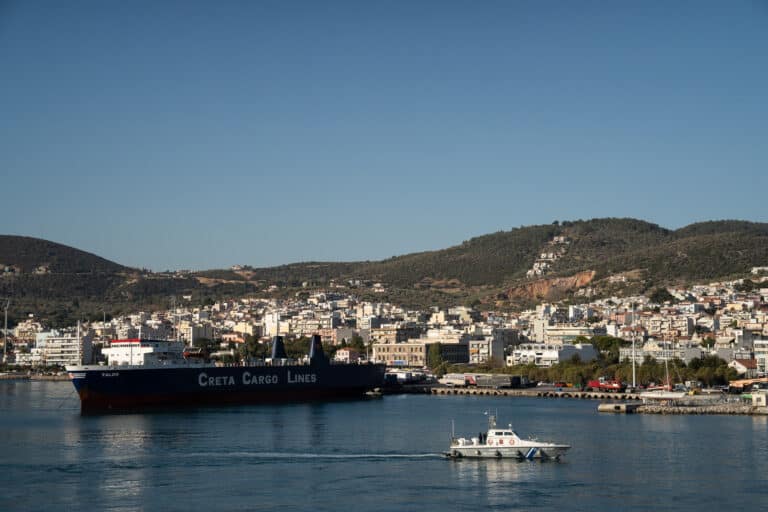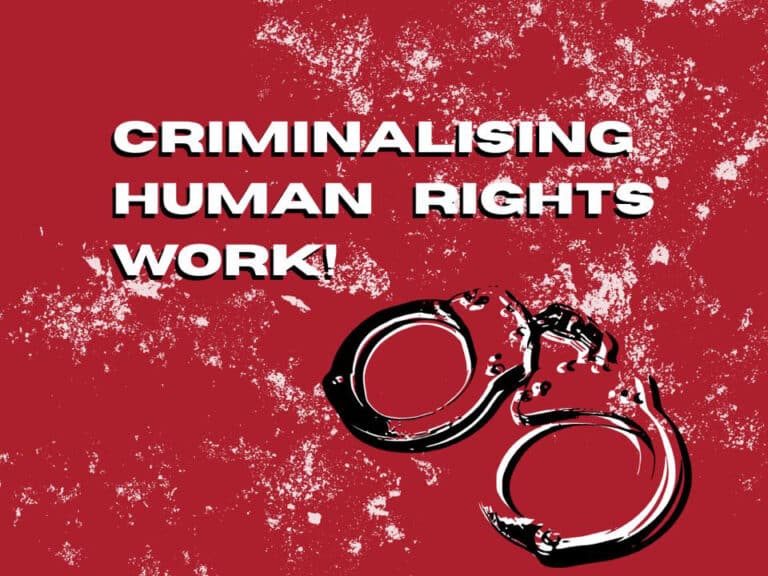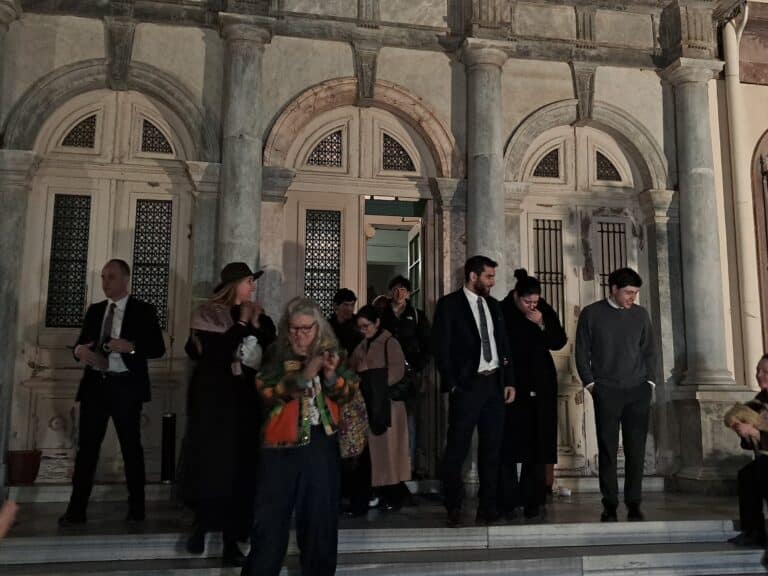by Chihchun Yuan
From 11 May, Iranian bombing in the Zharawa border region in northeastern Iraq
started up again. During the early
spring, farmers risked their lives to plant food crops, only to have them
ruined by these attacks. Once
more, military technology undermined their agricultural economy. The land of the Creator lay shocked and
broken as advanced weapons injured and killed people. Destroying lives has become like playing a remote control
game in the Kurdish border region.
Rasul, a fifty-three-year- old woman, was washing herself to prepare for noon
prayer on 15 May, when shrapnel from Iranian rockets struck her left arm and
left leg, breaking both limbs. Her
family carried her wrapped in a blanket for the two-hour walk over rough
terrain to the Qaladza Hospital.
From there, she was transported to Suleimaniya, an additional three-hour
ride.
“ I have a dream, but I don’t know if it is possible. I want to find new land where people
can live safely.”
“ If we have a safe place, we can have one group raise bees, one group take
care of animals, another group plant vegetables. By helping each other in this way, we can gradually rise up
from the economic loss of the past three years.”
A new consolidated community is Mr. Khider’s dream for displaced families from
nine different villages. In
February, Mr. Khider shared the dream publicly. Some people liked it and other people did not. But most of the people were waiting to
see a miracle happen. In the past four months, Mr. Khider and his good
friend Mr. Bapir have visited several different government authorities with
this dream.
Some responses from the politicians were positive but some were not. One said, “This idea was too much like
what Saddam did in the past.
Saddam brought people from different villages and made a collective
town.” Another said, “ If we give
them money to build a new village, other people in the conflict zone will ask
the same thing,” or “ Some people have two places for two wives so they do not
qualify as IDPs (Internally Displaced Persons).”
How did these people feel when politicians referred to their dream of a safe
place and economic independence as an idea from Saddam? In one of the meetings, I sat with the
IDP representatives and observed their reaction to the different excuses. Smiles were pasted over bitter
expressions on their faces. How
many of these politicians used to be their guests when they were seeking votes,
asking the elders for their help, requesting donations for buildings, or aid
during the sanctions on Iraq in the 1990s? How many were invited to
celebrations in the villages? The
day was a lesson on poverty and politics.
In the midst of the bombing,
these government officials were not recognizing the real worth of the farmers’
hospitality and contribution to society.



